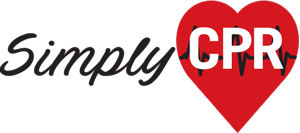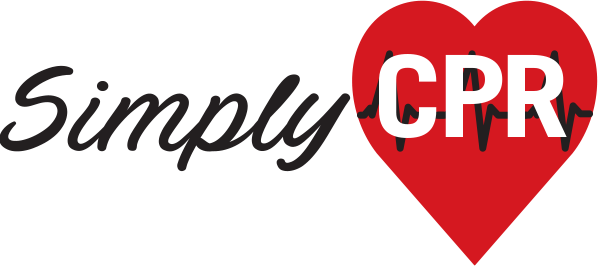Buy Extra Time
No family can rely on 911 alone. When someone stops breathing, or their heart stops beating, he or she typically can survive for only 4 to 6 minutes before lack of oxygen can result in brain damage or death. CPR can buy extra time for your loved one, until professional help can arrive, by artificially circulating oxygen to the brain.
Home Is Where the Heart Is
Over 70% of all cardiac and breathing emergencies occur in the home when a family member is present and available to help a victim.
Child Accidents
Accidental injuries, including choking and drowning, are the leading cause of death in children and send over16 million kids a year to the emergency room.
Heart Attacks
Over 1.5 million heart attacks occur each year, and approximately 350,000 of these people die before ever reaching a hospital.
CPR Saves Lives
Statistics show that the earlier CPR is initiated, the greater the chances of survival. In fact, the American Heart Association estimates that 100,000 to 200,000 lives of adults and children could be saved each year if CPR were performed early enough.
Refresh Your CPR Knowledge
Retention of CPR learning is a major issue, according to the American Heart Association. In fact, studies have shown that memory of CPR skills and knowledge tends to deteriorate as early as three months after training, even among highly trained professionals — including doctors and nurses.
CPR is not just for heart attacks!
Approximately 7 million adults and children suffer disabling injuries in their own homes and backyards each year, resulting from accidents which may require CPR, according to the American Heart Association.
Common Cuases of Sudden Death
Some common causes of “sudden death” that may require CPR include:
- Electric Shock
- Heart Attacks
- Drowning
- Severe Allergic Reactions
- Choking
- Drug Overdose
- Suffocation
The Country’s #1 Killers
A combination of heart attacks and accidents claim a life every 34 seconds in the U.S.
At Risk 45 and Older
One in six men and one in eight women age 45 and over have had a heart attack or stroke, according to the American Heart Association.
45% Under 65
Approximately 45% of all heart attacks occur in people under age 65.


